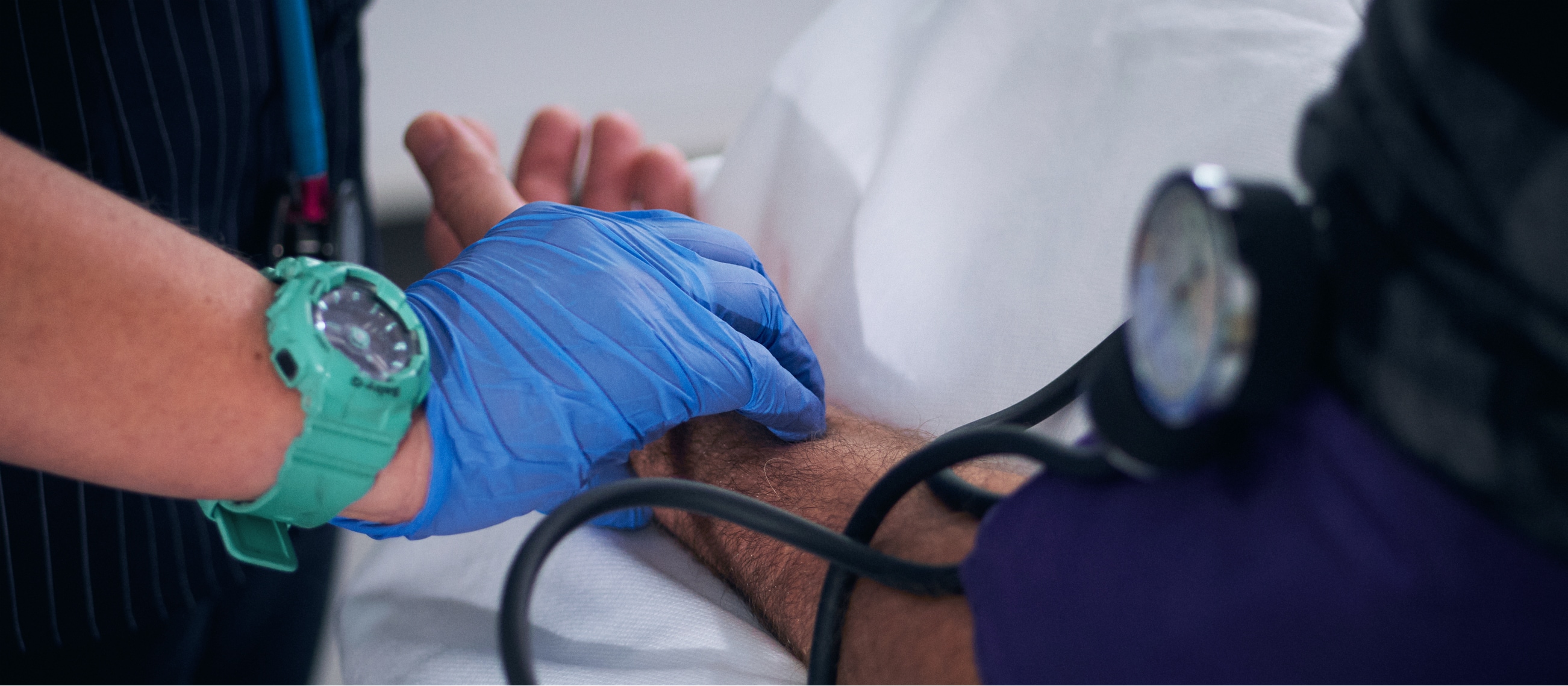The New England Virtual Hospital’s Joint Virtual Care Centre (JVCC) has been unveiled with a demonstration for the Minister for Regional Health, Regional Communications and Local Government Mark Coulton MP.
The JVCC is housed within University of New England’s Tableland Clinical School and will use artificial intelligence technology to support the delivery of in-home healthcare for patients in the New England North West region.
The centre will link patients with doctors and specialists using a “Caretaker” internet enabled monitoring system, allowing them to access care without travelling long distances to a major hospital.
UNE’s Dean of Medicine and Health Professor Rod McClure said that the JVCC and the virtual hospital concept are already demonstrating the value of digitally enabled health care.
“The virtual care centre that we demonstrated today is the ideal enabler of telehealth and remote monitoring services. It will take pressure off already overburdened hospital networks, and improve health outcomes and access to healthcare for regional patients,” Professor McClure said.
“Our objective here is address healthcare inequity for rural and regional patients by making healthcare accessible within our region.
“Early intervention for avoidable diseases, enabled by an increased workforce and technologically enabled healthcare, will significantly impact on the health outcomes of the region as a whole.”
The “Caretaker” technology is a key element of UNE’s proposed New England Virtual Hospital Network (NEVIHN).
In the current COVID-19 context, a trial of the Joint Virtual Care Centre (JVCC) element of the NEViHN has been fast-tracked.
The NEViHN is a digitally-enabled education and healthcare network which has been developed in partnership between UNE, the Hunter New England Local Health District (LHD) and the Hunter New England and Central Coast Primary Health Network (PHN).


